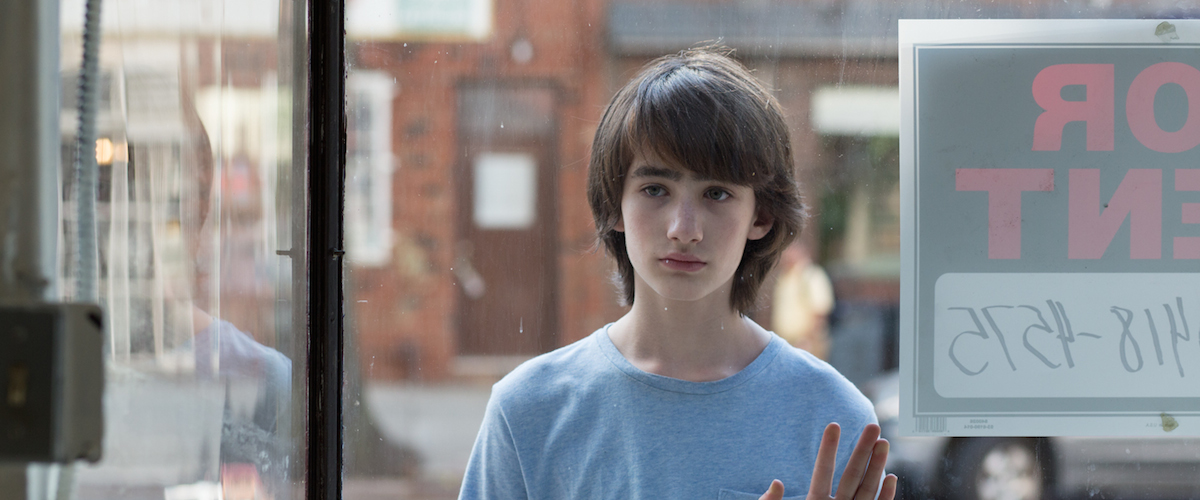In my review of “Little Women” (1994), I wrote, “The very title summons up preconceptions of treacly do-gooders in a smarmy children’s story.” I was relieved to report that the movie itself was nothing of the sort; it was a spirited and intelligent retelling of the Louisa May Alcott classic. Now, alas, comes “Little Men,” which is indeed about treacly do-gooders in a smarmy children’s story.
Although younger children may enjoy the movie on a simple and direct level, there’s little depth or texture to make it interesting for viewers over the age of, say, 10. It’s all on one note. The adults are all noble and enlightened, the boys are all basically good, and the story is all basically a sunny, innocent fable.
The year is 1871. The “little women” have all grown up, according to a narrator who tells us far more than she should have to. Jo (Mariel Hemingway) has married Fritz Bhaer (Chris Sarandon), and together they run Plumfield School, a country home for wayward or orphaned boys.
To Plumfield comes the Boston street urchin Nat (Michael Caloz) and, not long after, his best friend Dan (Ben Cook). There they find love, acceptance and lessons such as, “If a pie has 12 pieces and three-quarters of them are served at dinner, how many pieces are left?” All of the boys scribble industriously on their chalkboards to solve the puzzle, although since several of them are later involved in a game of poker, they would seem to have the necessary skills for mental calculation.
Plumfield has limited funds and perhaps cannot afford to keep Dan. Then Dan causes some problems, as when he sponsors the secret poker game (complete with beer and cigars), and it almost results in Plumfield being burned down. Apart from such hitches, Plumfield is ideal, with pillow fights scheduled every Saturday night, and the narrator informs us that “the feeling that someone cared for him made that playroom seem like heaven for the homeless child.” There is a certain complexity in Fritz, Jo’s husband, who recalls that his grandmother taught him to think before he spoke by cutting the end of his tongue with her scissors. His idea of punishment is to have the boys cane him, a practice that will not withstand a single moment’s more thought than the movie gives it. He rumbles suspiciously about Dan, but Dan “has the makings of a fine man,” Jo declares, and although another boy is sent away for stealing, Dan survives the poker, beer and cigar scandal.
There is a horse at Plumfield. Only one, untamed and unruly. In an early scene, we see the hired man trying to tame it. We know with complete certainty that Dan was born to tame that horse, which is waiting (all saddled up) when the lad’s rebellious spirit requires such a test.
I have no doubt that Louisa May Alcott wrote something resembling this plot, although nothing in it sends me hurrying to the bookshelf. “Little Men” is an example of the kind of movie that wins approval because of what it doesn’t have, not for what it has. It is wholesome, blameless, positive, cheerful, well-photographed and nicely acted (especially by Ben Cook), and it has a PG rating. But, man, is it smarmy.



















